A 28-year-old from northern Gaza, Abu Foul was arrested from Kamal Adwan Hospital in Beit Lahiya in late December and imprisoned in Israeli detention facilities, where he says guards tortured and beat him so severely that he lost his sight.
Recommended Stories
list of 3 itemsend of list
He was released this week as part of a United States-brokered ceasefire deal that has seen nearly 2,000 Palestinian detainees let out from Israeli jails, many bearing visible signs of abuse.
Abu Foul, who had already lost his leg in a 2015 Israeli bombing, told Al Jazeera he endured relentless torture during his imprisonment. At Sde Teiman prison, a facility other detainees describe as “the prison that breaks men”, Abu Foul endured repeated beatings and torture.
One day, guards struck him on the head with such force that he fell unconscious. When he regained consciousness, he discovered he had lost his sight, he said.
“I kept asking for medical treatment, but they only gave me one type of eye drops, which did nothing,” he said. “My eyes kept tearing constantly, with discharge and pain, but no one cared.”
He tried a hunger strike to demand treatment but said prison authorities did not respond to his demands.
When Abu Foul was finally released and transferred to Nasser Hospital, he waited anxiously for his family. He had heard northern Gaza was devastated and feared the worst. Then his mother arrived.
“When I heard her voice, I hugged her tightly,” he said. “I couldn’t see her, but just hearing her was worth the whole world.”
Abu Foul now lives in a tent near ruins, still without treatment for his eyes, and is seeking help to travel abroad for medical care.
His account aligns with a growing body of evidence documenting systematic abuse in Israeli prisons. Many of the Palestinians released this week emerged emaciated or with visible injuries. One prisoner had lost nearly half his body weight during detention.
The Palestinian Centre for Human Rights documented testimonies from 100 former detainees held between October 2023 and 2024, finding that torture was systematic across all Israeli prison facilities, not just notorious sites like Sde Teiman.
All were held incommunicado without access to judges, lawyers or family members.
Israel has returned at least 100 bodies of Palestinians who died in detention. Medical sources told Al Jazeera they found evidence of abuse on some of the corpses, and some indicated possible executions.
“They did not die naturally, they were executed while restrained,” said Dr Munir al-Bursh, director-general of Gaza’s Health Ministry.
The United Nations estimates that at least 75 Palestinian detainees have died in Israeli prisons since October 2023.
Israeli rights group B’Tselem described the prison system last year as a “network of torture camps” where detainees face systematic physical abuse, are denied food and medical care, and suffer sexual violence.
Despite hundreds of reported abuse cases since October 2023, Israeli authorities have brought indictments in only two incidents, with no prison service personnel charged, according to the Public Committee Against Torture in Israel (PCATI), an Israeli rights group documenting torture.
Dr Ruchama Marton, founder of Physicians for Human Rights – Israel, says her decades-long campaign exposed the use of torture in Israel but has failed to stop it. “Maybe people didn’t deny it any more, but in practice it became normalized,” she told Haaretz.
Israel’s far-right National Security Minister Itamar Ben-Gvir, who oversees the prison service, has defended the harsh treatment of Palestinian prisoners and said “summer camps and patience for the terrorists are over”.
Ben-Gvir has also been filmed taunting high-profile Palestinian political leader and detainee Marwan Barghouti.
Earlier this week, Barghouti’s son said he fears for his father’s life in Israeli prison amid reports from witnesses that he was beaten by guards last month.
In an interview with Al Jazeera on Thursday, Arab Barghouti accused Israel of targeting his father because he is a unifying figure among Palestinians.
The family told media outlets this week that they had received testimonies from Palestinian detainees released as part of the Gaza ceasefire deal that Barghouti was beaten by guards in mid-September as he was being transferred between two Israeli prisons.
About 9,000 Palestinian prisoners remain in Israeli jails, many without trial or any proper legal process. Israel has denied allegations of systematic abuse but has not provided evidence to counter the claims.
The Israeli military and prison service did not respond to requests for comment.

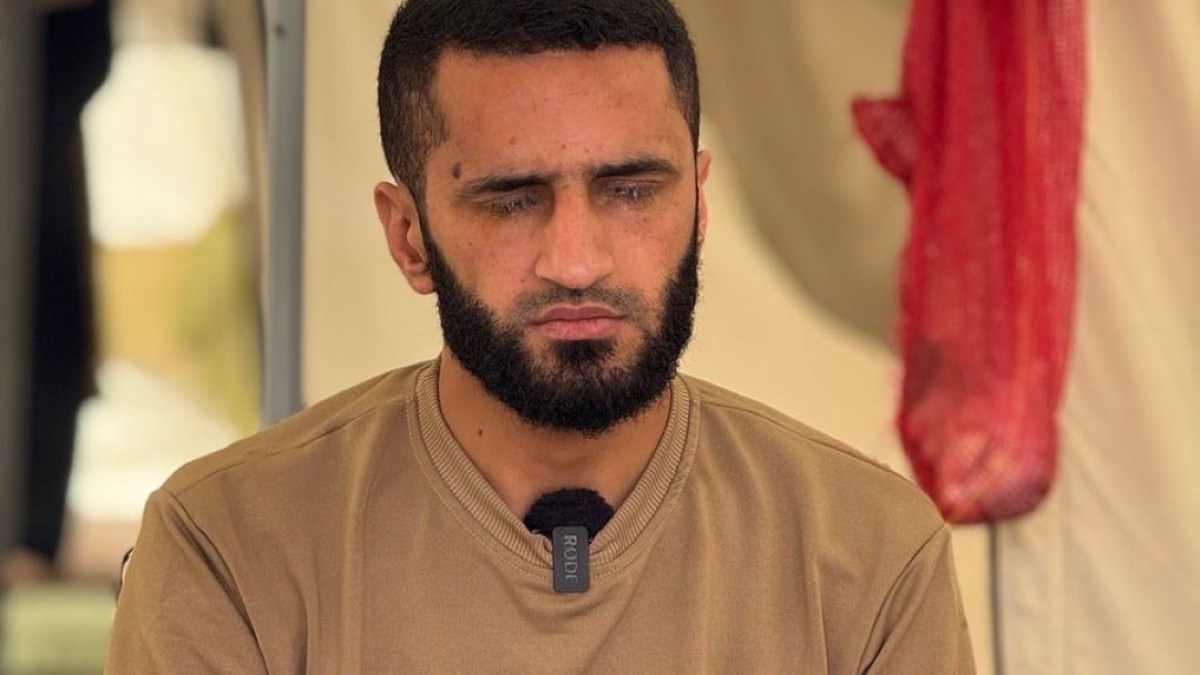
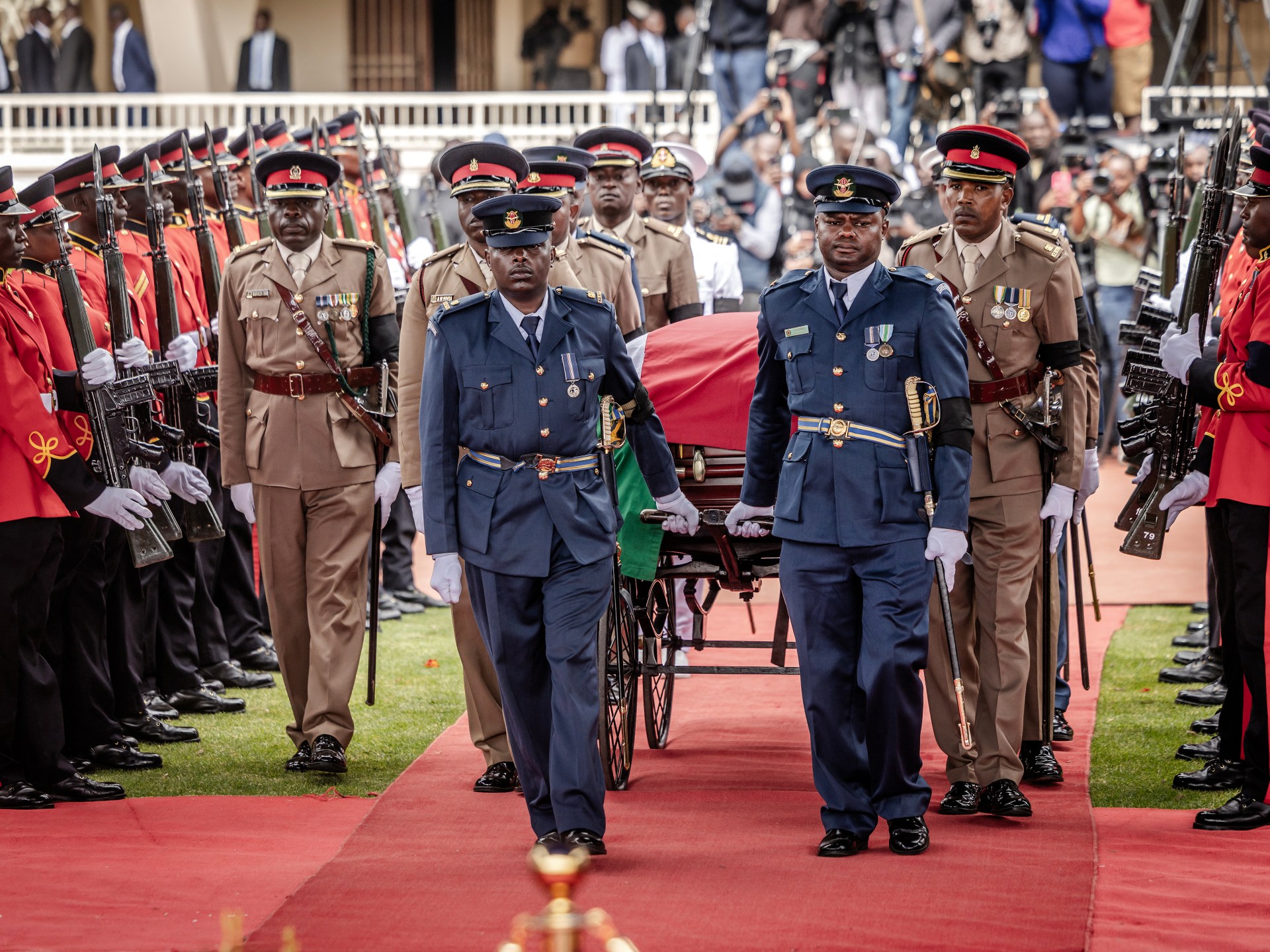
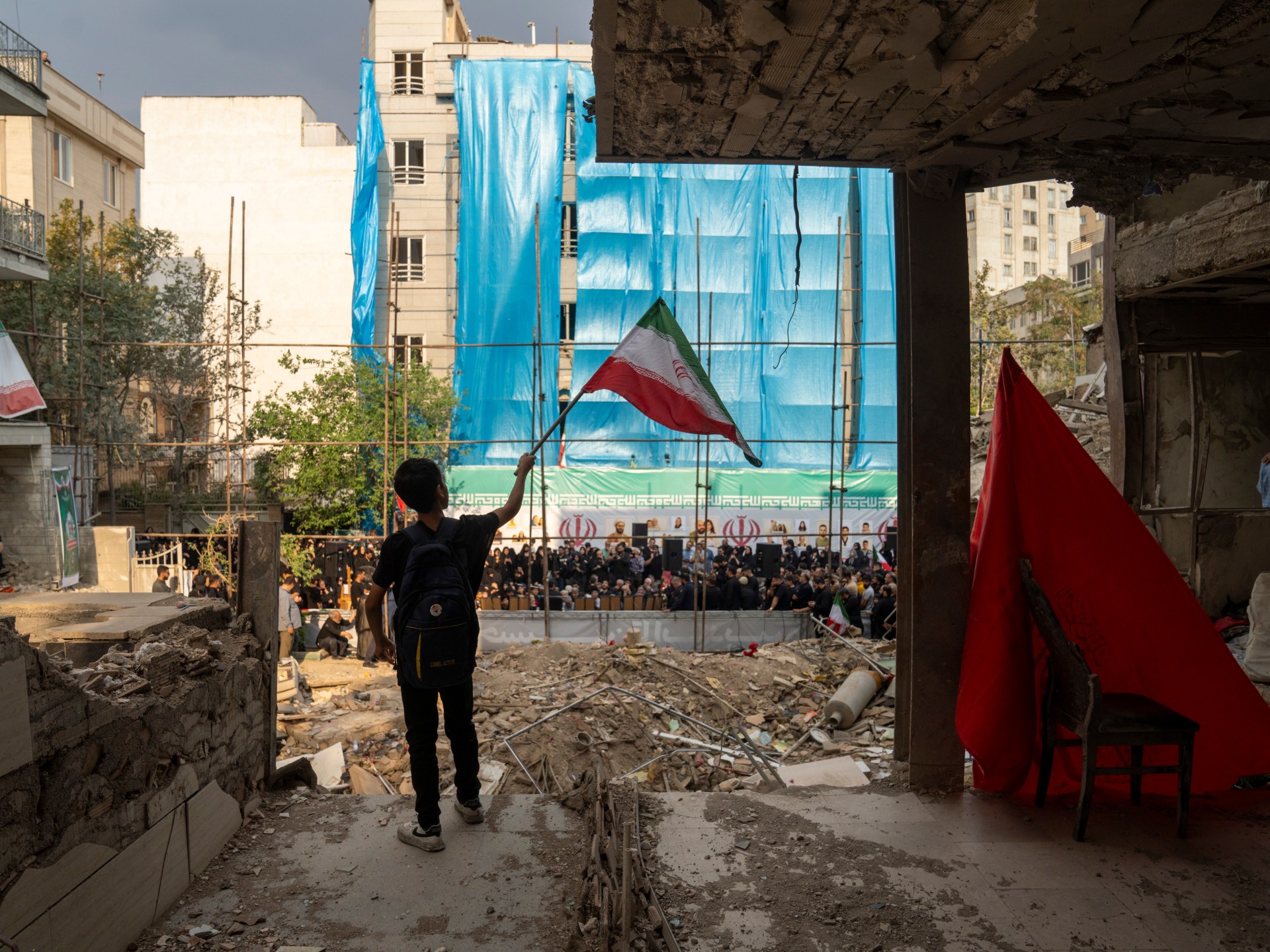


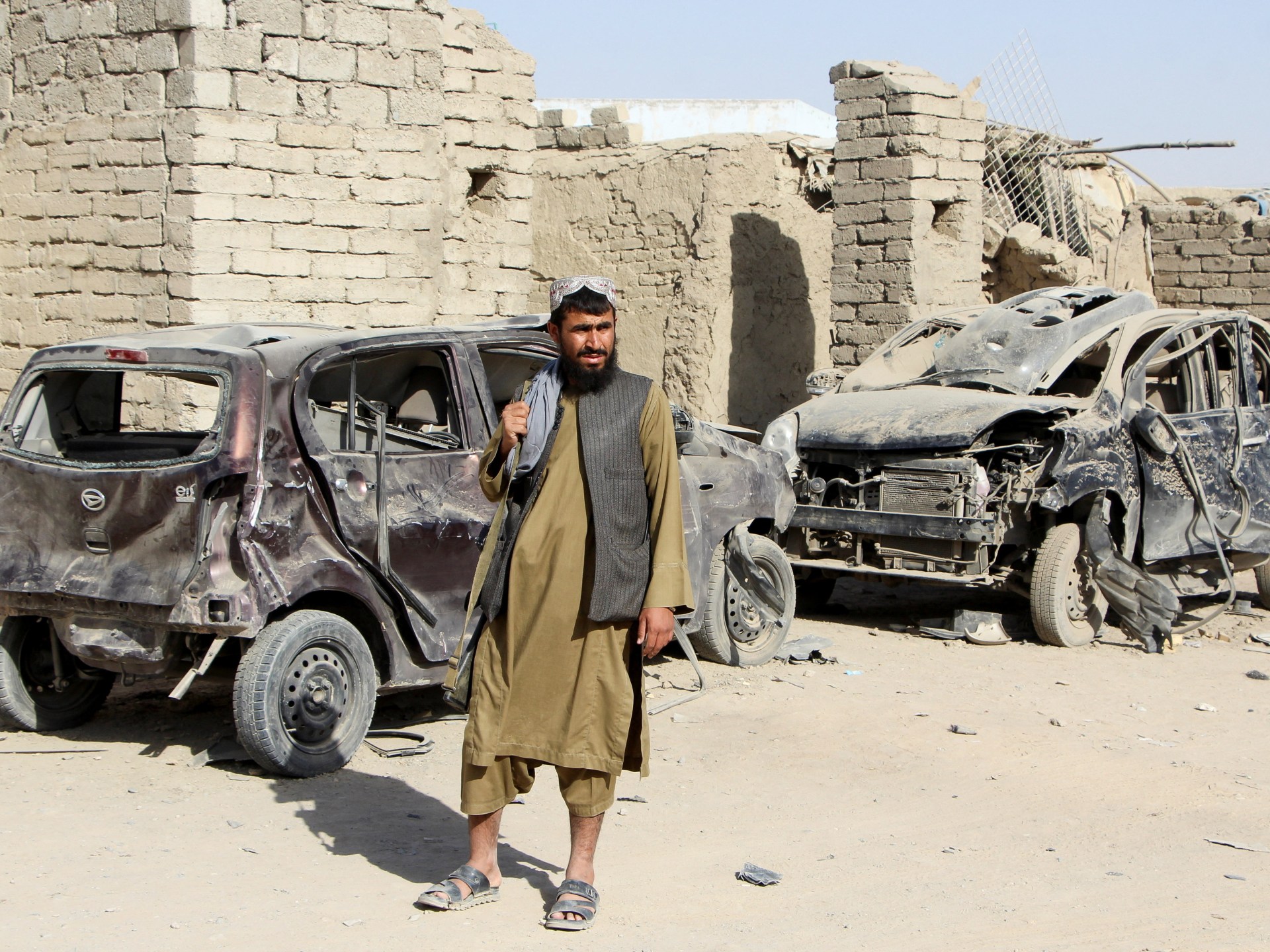
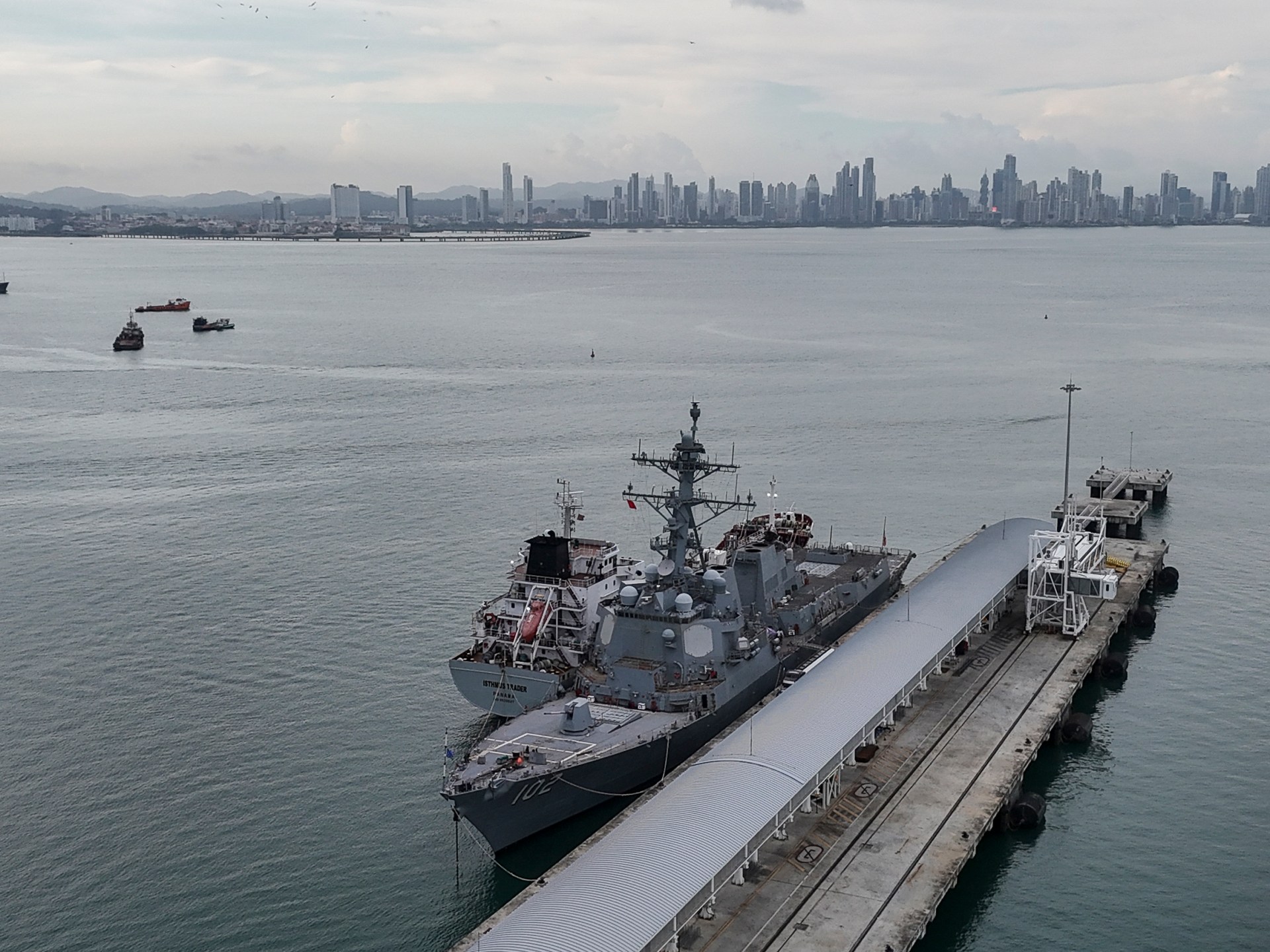
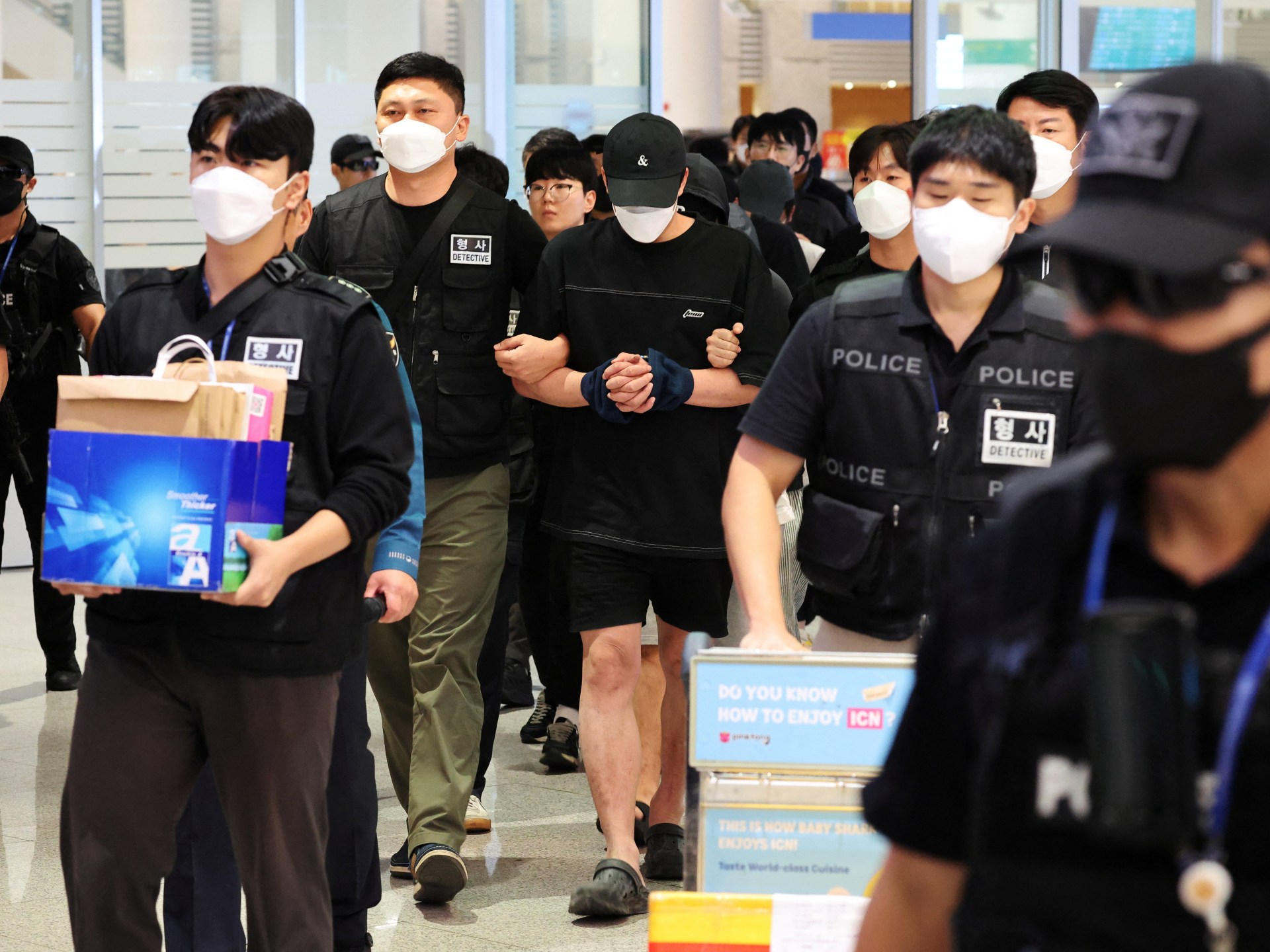

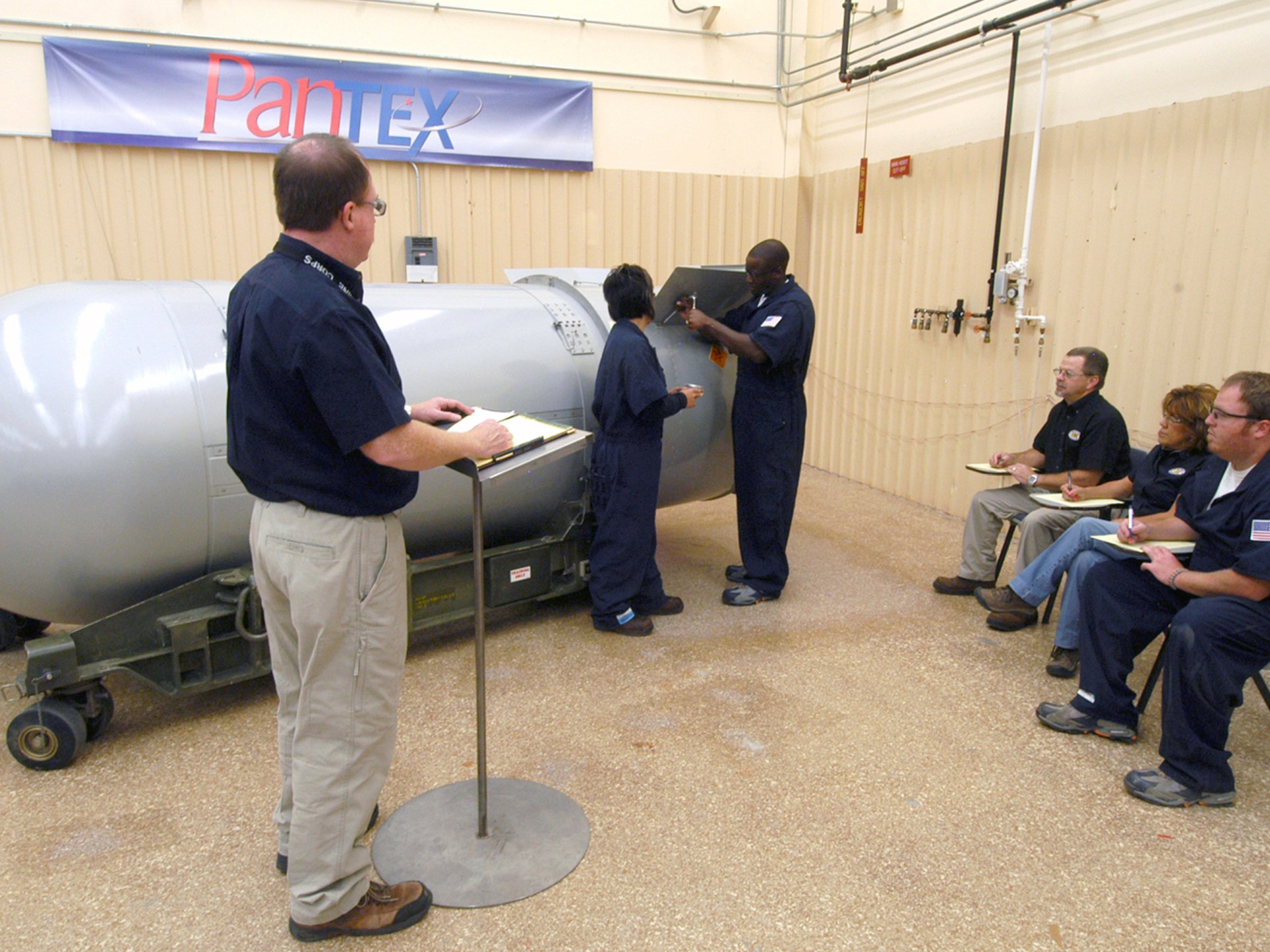
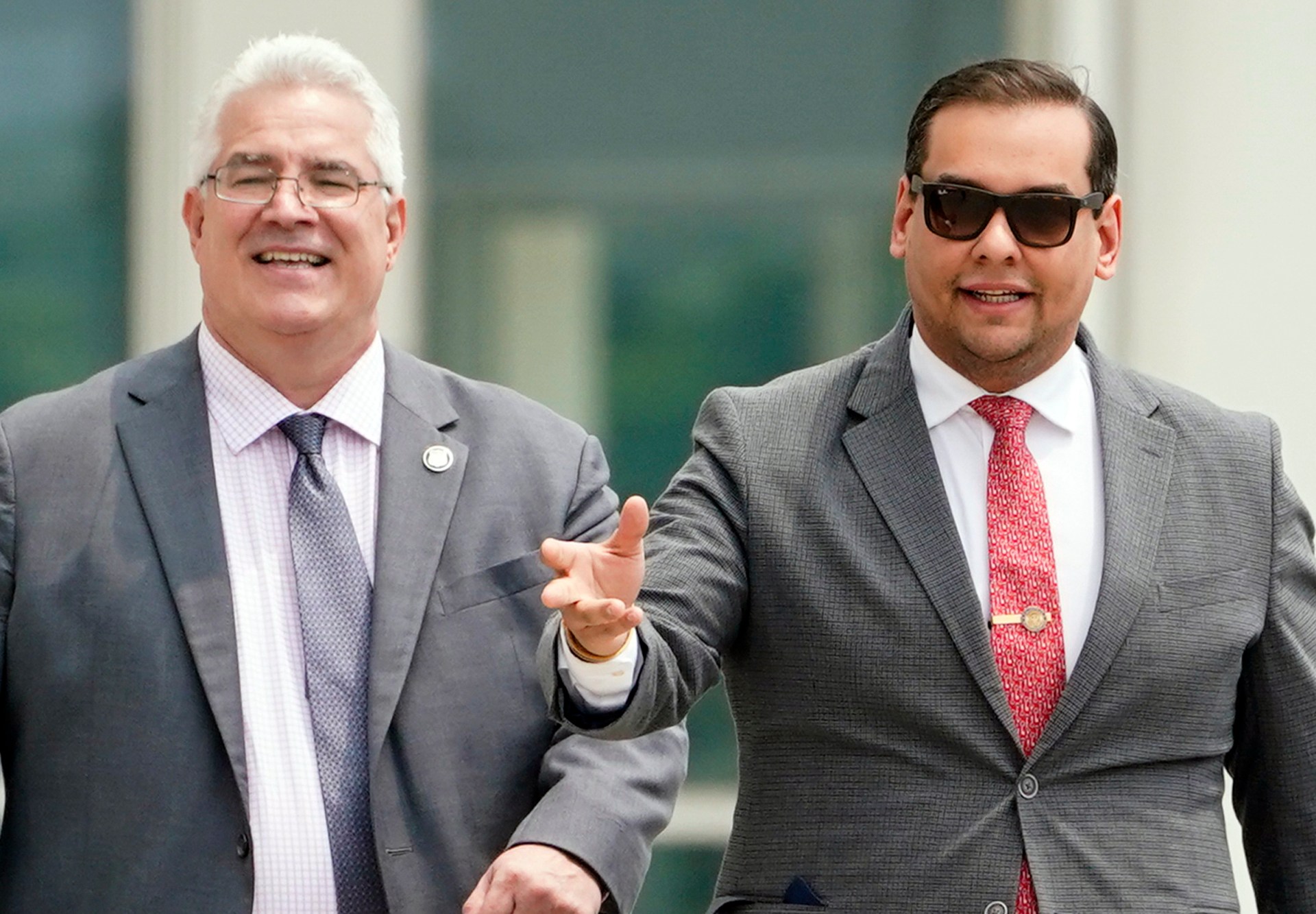

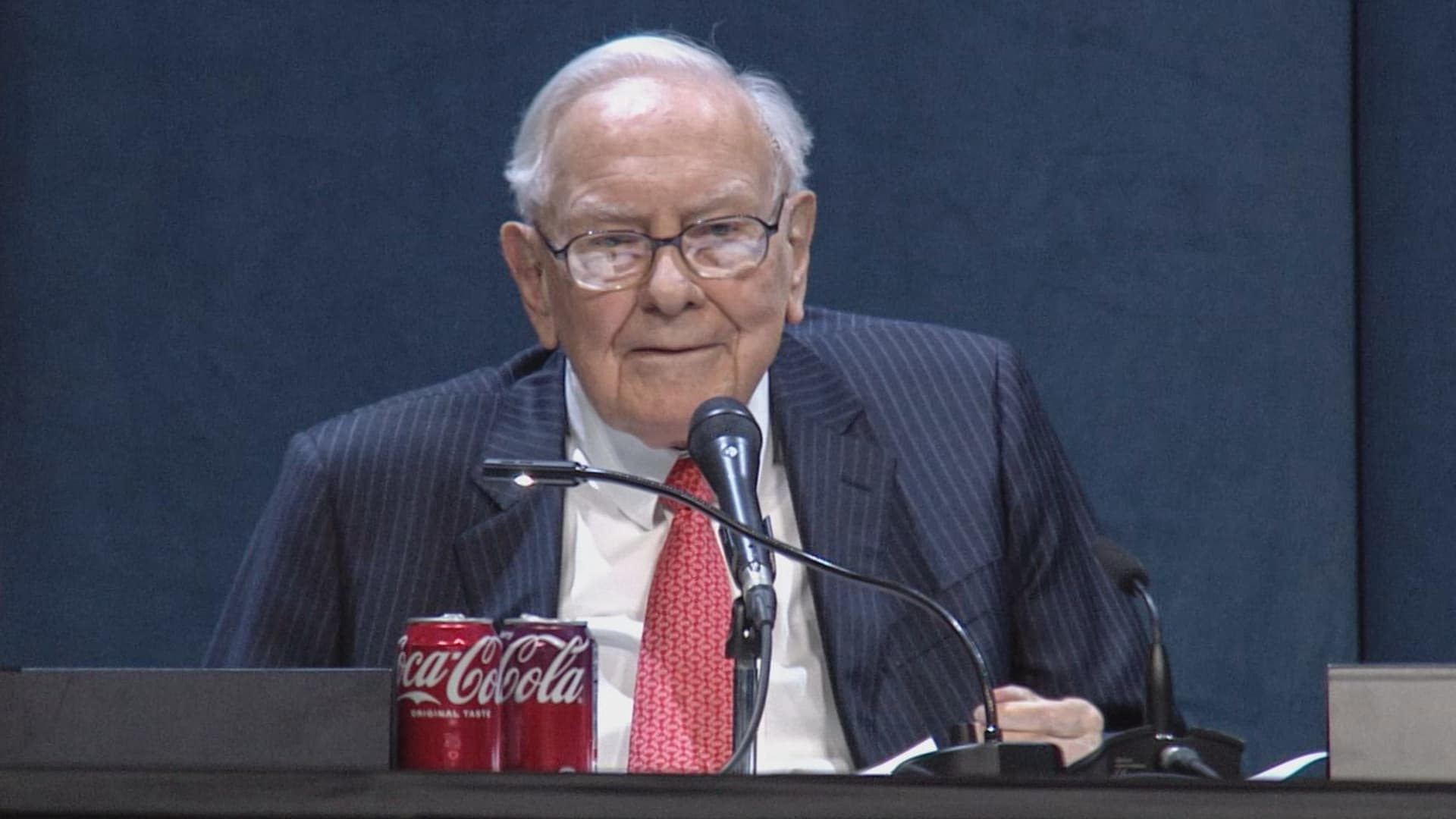
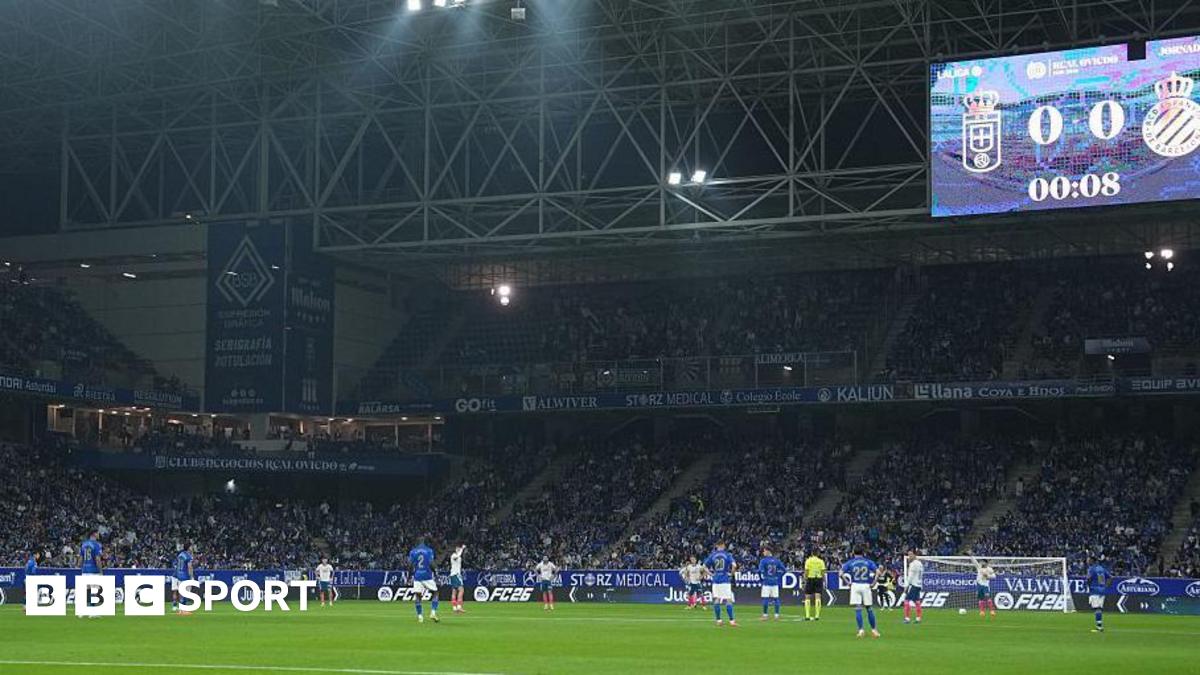
Leave a Reply